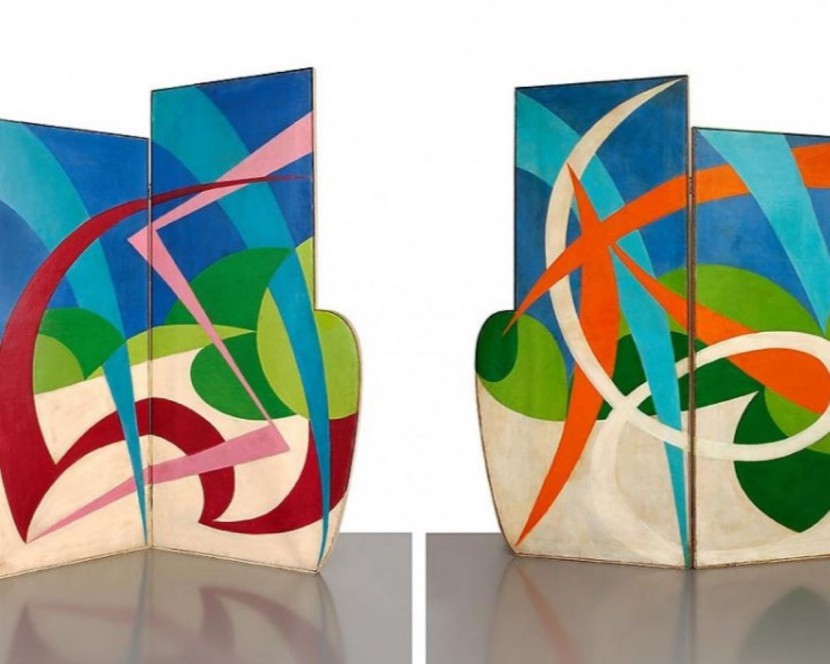Van de Waal Lecture 2022: Futurism and Europe: The aesthetics of a new world
- Universiteit Leiden Lipsius-gebouw

September 8, the annual Van de Waal Lecture takes place, to mark the opening of the academic year of the department of Art History.
The lecture will take place in the Lipsius Building, room 0.11 and will also be available via livestream. The lecture takes place with the generous support of the RKD.
This year's speaker is Renske Cohen Tervaert MA, curator Kröller-Müller Museum, Otterlo.
About the lecture
The Italian movement futurism, born in 1909, was not merely an artistic avant-garde movement, it was a way of life. It sought a new kind of aesthetic that expressed the vitality of modern society reflected in the depiction of movement, speed and even sound. In order to implement their ideas as broadly as possible, the futurists ventured into a wide variety of fields: from painting, sculpture and architecture, to theatre, film, fashion, all kinds of functional objects, complete furnishings of public spaces and homes, advertising and more. This quest for an ‘opera d’arte totale’, their concept of a new, all-encompassing aesthetic, found its way to large parts of Europe and influenced other avant-garde movements, such as Bauhaus, De Stijl, Esprit Nouveau and constructivism. These avant-garde movements would, in turn, affect the development of futurism. The relationships and the exchange of ideas between futurism and other avant-garde movements are examined in a major exhibition at the Kröller-Müller Museum in 2023.
Helene Kröller-Müller
The museum’s founder Helene Kröller-Müller was late to recognize the importance of futurism. She admitted in her Considerations regarding problems in the development of modern painting (1925) that ‘in a collection that aims to demonstrate the development of art, it would be desirable to also show the futurist phase…’. Since the 1970s, the Kröller-Müller Museum has managed to fill the futurist gap with various acquisitions and is now the only museum in the Netherlands that can show futurism as an integral part of art history in its permanent presentation.
Futurism in Europe
This lecture will focus on the reception of futurism in Europe, especially in the Netherlands, the roots and developments of the exchange, starting with the first European success of futurism in 1912 and proceeding up to the 1930’s. The complexity of artistic exchange will be shown through a number of crucial works that led to a new and different vision of art and of the world.
Registration on campus or online
Would you like to attend the lecture in person? Please register here.
In order to receive the link to the livestream, please register here.